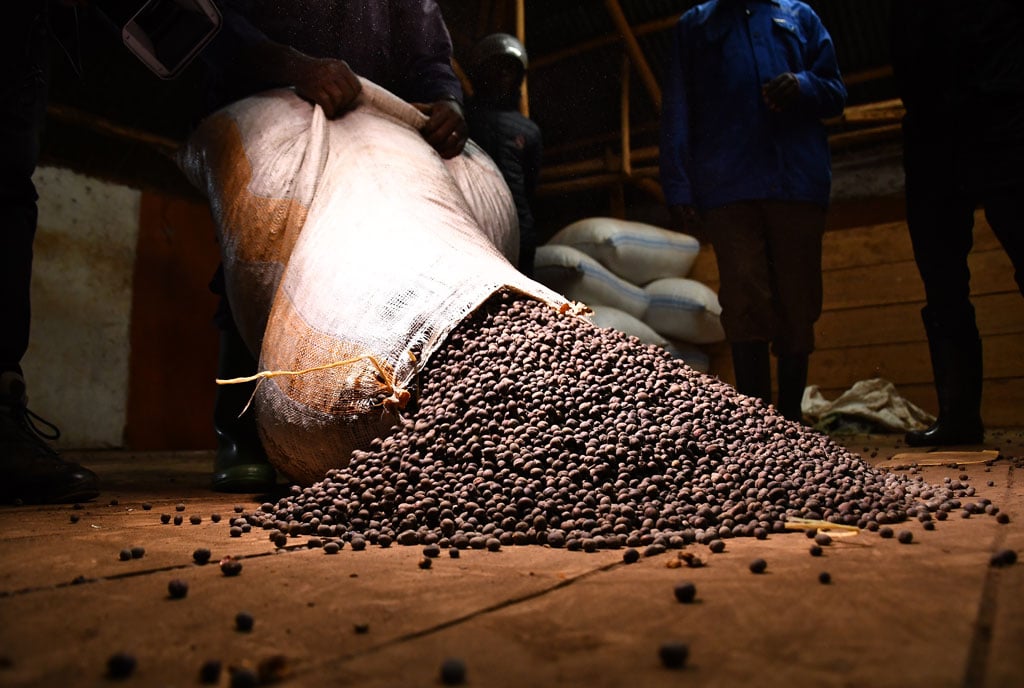
Brian Mukalazi
After suffering significant losses, in September 2008, Lehman Brothers Holdings Inc. was forced to file for bankruptcy and at the time, the firm was considered to be the fourth-largest investment bank in the United States, leading to the biggest bankruptcy in the country’s history.
Lehman Brothers, founded in 1844, advised on corporate mergers, the sale and acquisition of companies, and investment portfolios for individuals, foundations, and pension funds. It also underwrote securities to raise capital for a range of businesses, supporting established companies as well as smaller, emerging enterprises.
The collapse of Lehman Brothers not only resulted in the unemployment of approximately 26,000 employees, but it also sent financial shockwaves to the United States and throughout the world. It came with a widespread ripple effect: The decrease in both consumer spending and exports to the United States severely affected the flow of goods and job growth in Europe and Asia. Stock markets plunged, resulting in the worst economic downturn in global markets since the Great Depression. And, Major debt crises ensued in Ireland, Spain, Greece, Portugal, and Cyprus.
The Lehman Brothers’ collapse eventually started the 2008 global financial crisis but it also gave the world a new term, “Too big to fail”, which literally refers to businesses considered to be so essential to the economy that their failure would have disastrous consequences. Now, this makes me wonder: Which of the businesses (Roko Construction, Makerere Business Institute, Nkumba University, J2E Investment Corporation, Busoga University, Nicontra Ltd and others) being considered for bailouts by the Ugandan Government through stimulus packages or tax waivers, could actually fall into the category of “too big to fail”?
These businesses may not exactly be in the same league as Lehman Brothers, but can they be considered too significant and too intertwined with the Ugandan economy that their collapse would result into disastrous consequences? Our country is currently more than $27 billion in debt. I, therefore, don’t think we should be providing billions of shillings of tax-funded money to not ‘too big to fail’ businesses.
Bailouts should only be given to a few highly essential businesses and when there’s no other feasible alternative. Bailout efforts often serve the twin purposes of stabilizing the financial system and alleviating the adverse impacts on the real economy caused by the collapse of a business. However, if done for the wrong reasons, bailouts can be detrimental. Today, many Ugandan businesses across the board are in survival mode and are just keeping their heads above water, but bailing out only a small fraction of them, under not-so-clear procedures, is like robbing Peter to pay Paul.
Some reports suggest that bailout funds are normally determined and distributed based on political rather than actual systemic risk grounds. Others claim that some businesses and people are simply “too connected to fail” due to their extensive connections with key government decision-makers. Bailout of non-essential businesses not only creates an unfair competitive advantage over others, it can also encourage these entities to enter into extremely risky investments, debts and unscrupulous financial behaviors.
Oftentimes, bailouts create an endless cycle of bad debt and more bailouts. A bailout is never a linear formula where you add X to Y in order to get Z. And even when they are given to “too big to fail” businesses, bailouts should follow strict terms, including a requirement that part of equity is given to the government in return. Otherwise, in many instances, the best economic option, in my opinion, is to let the business die a natural death if nothing can be done internally.
Mr Brian Mukalazi is the CEO, Talis Consults Ltd
[email protected]








